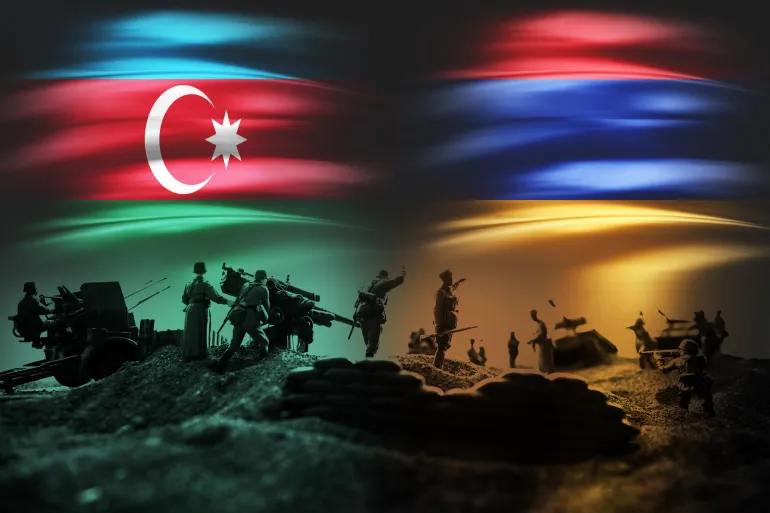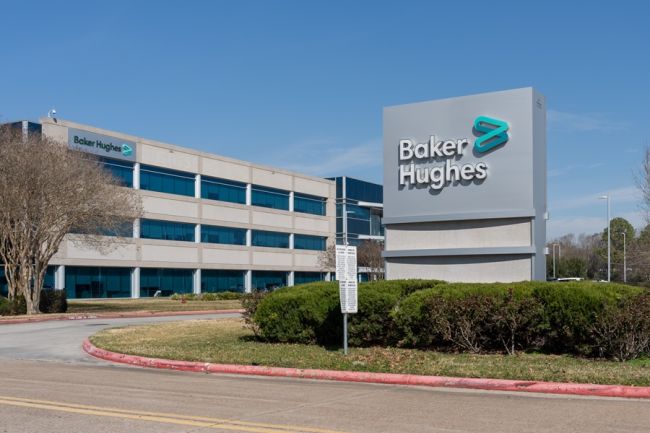- Wed. Apr 24th, 2024
Latest Post
Phi-3 Mini: Microsoft’s Small Language Model for Smartphone Use
Microsoft has introduced a new small language model called Phi-3 mini, which is designed to run on modern smartphones and offers performance similar to OpenAI’s GPT-3.5. This new iteration of…
The EU Enforces Rule Banning Import of Items Made by Forced Labor
In this legislative term, the European Union has implemented regulations aimed at achieving reciprocity in trade relations while promoting its values and environmental objectives. The latest regulation approved by the…
JD Sports makes impressive US market debut with multi-billion dollar bid for top American competitor
British sports fashion retailer JD Sports has made a billion-dollar offer to acquire American sports brand Hibbett, with the aim of expanding its presence in the US. The UK’s largest…
Could the demarcation of the Armenia-Azerbaijan border mark the end of a 100-year conflict?
Armenia and Azerbaijan have initiated the process of demarcating their common borders, marking a significant step for the two countries that have a history of conflict in the Caucasus region…
Saudi Pipeline Technology Contract Awarded to Baker Hughes
Baker Hughes has recently been awarded a contract to provide gas technology equipment for the third phase of Saudi Arabia’s Master Gas System project. The company announced this news in…
Alexis Bernard Named Senior Director of Business Development at Genumark
At Genumark (asi/204588), the appointments keep rolling in. The Toronto-based Top 40 distributor is pleased to welcome Alexis Bernard as the senior director of business development. With nearly 15 years…
Bill Hopkins Leads Discussion on Artificial Intelligence Ethics at Health Care Law Conference
Spencer Fane attorney Bill Hopkins recently presented at the 25th annual Emerging Issues in Healthcare Law Conference (EMI), an event hosted by the American Bar Association Health Law Section from…
The First Video Ever Uploaded on YouTube Was Posted 19 Years Ago. Can You Guess Which Video Has the Most Views?
Nineteen years ago, Jawed Karim, one of the co-founders of YouTube, uploaded the first-ever video on the platform titled “Me at the Zoo” where he talked about elephants. This 18-second…
Implementing 1,260 development projects in Cairo at a cost of 96 billion pounds
The Ministry of Planning and Economic Development has allocated 96 billion pounds for the implementation of 1,260 development projects in Cairo Governorate as part of the 2023-2024 plan. This is…
A Jewish Woman in Paris Suburb Kidnapped and Raped: Seeking Retribution for Palestine
In the suburbs of Paris, specifically in Gennevilliers, a 32-year-old local resident held a Jewish woman against her will in his apartment. The suspect, motivated by nationalism, threatened to kill…

/cloudfront-eu-central-1.images.arcpublishing.com/prisa/TC465IBOMNGPWZ7XQ4AHSDG64A.jpg)


